Back to Courses

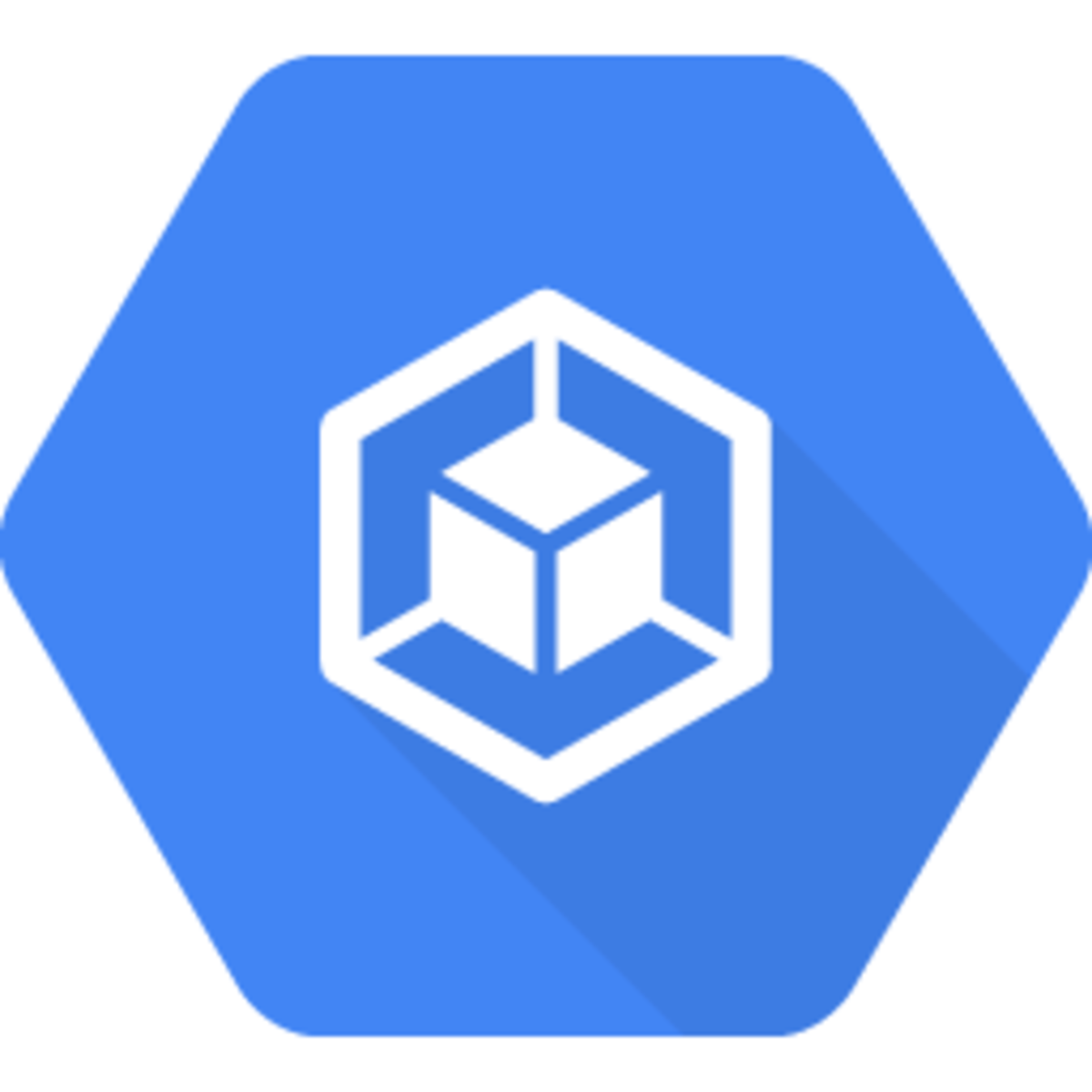
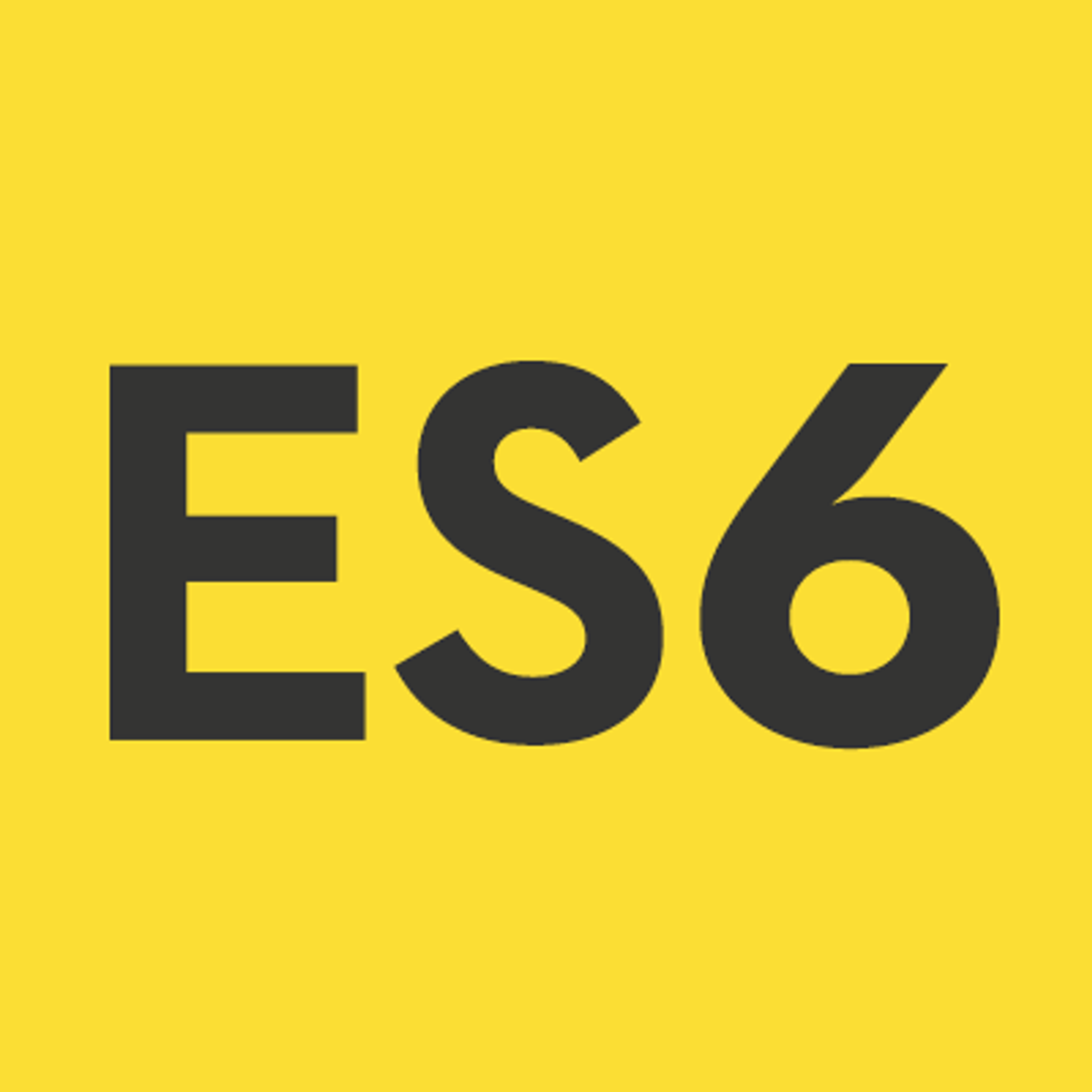

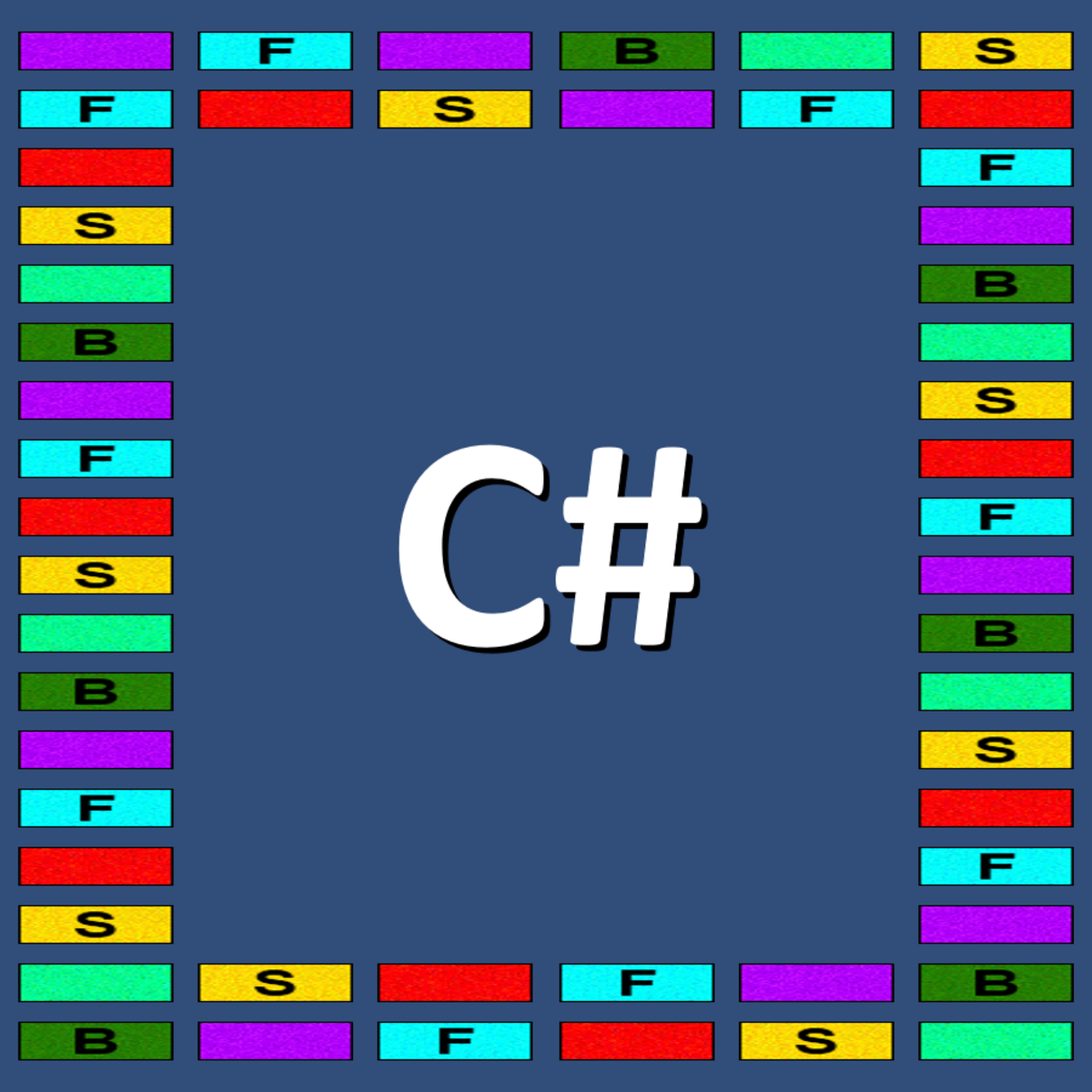
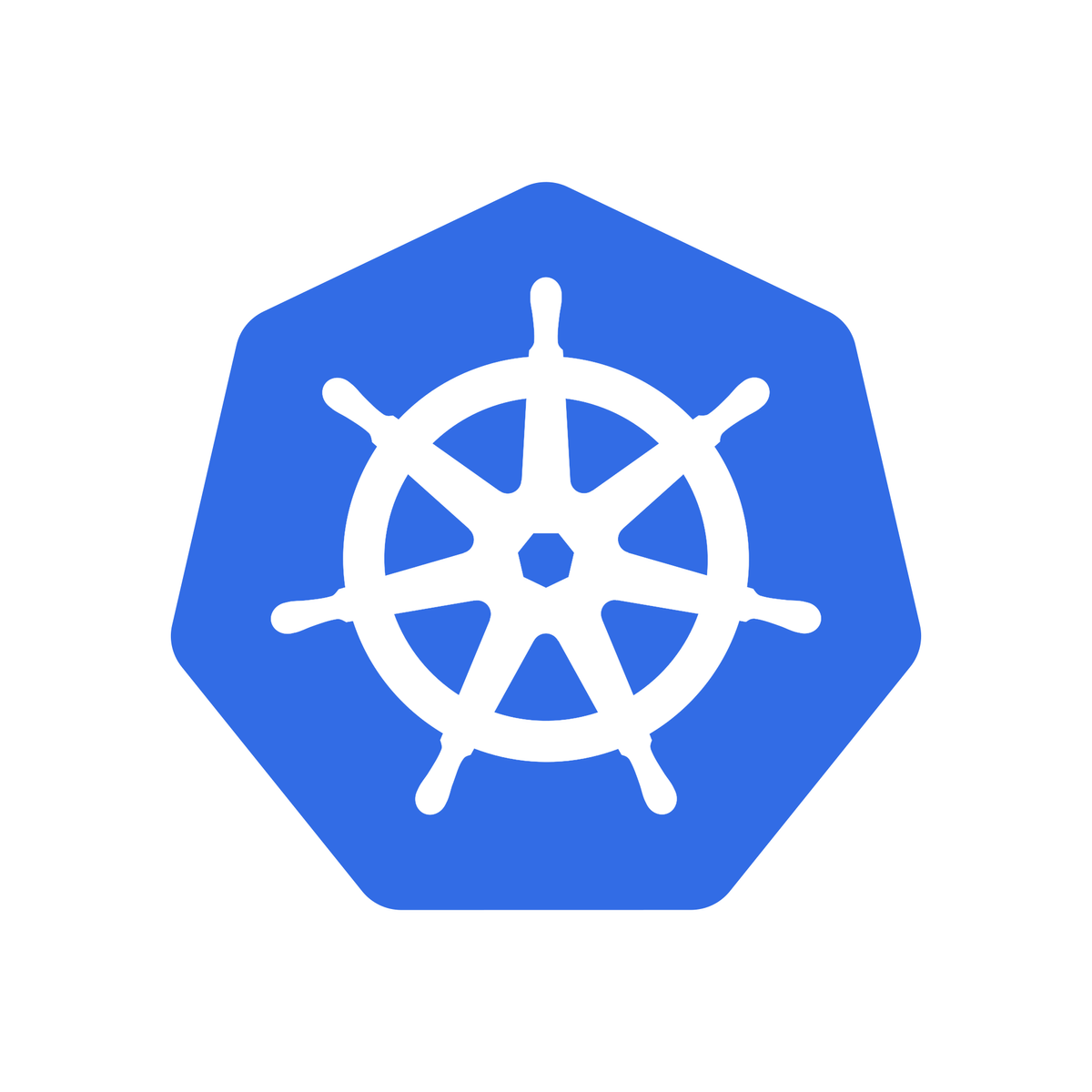

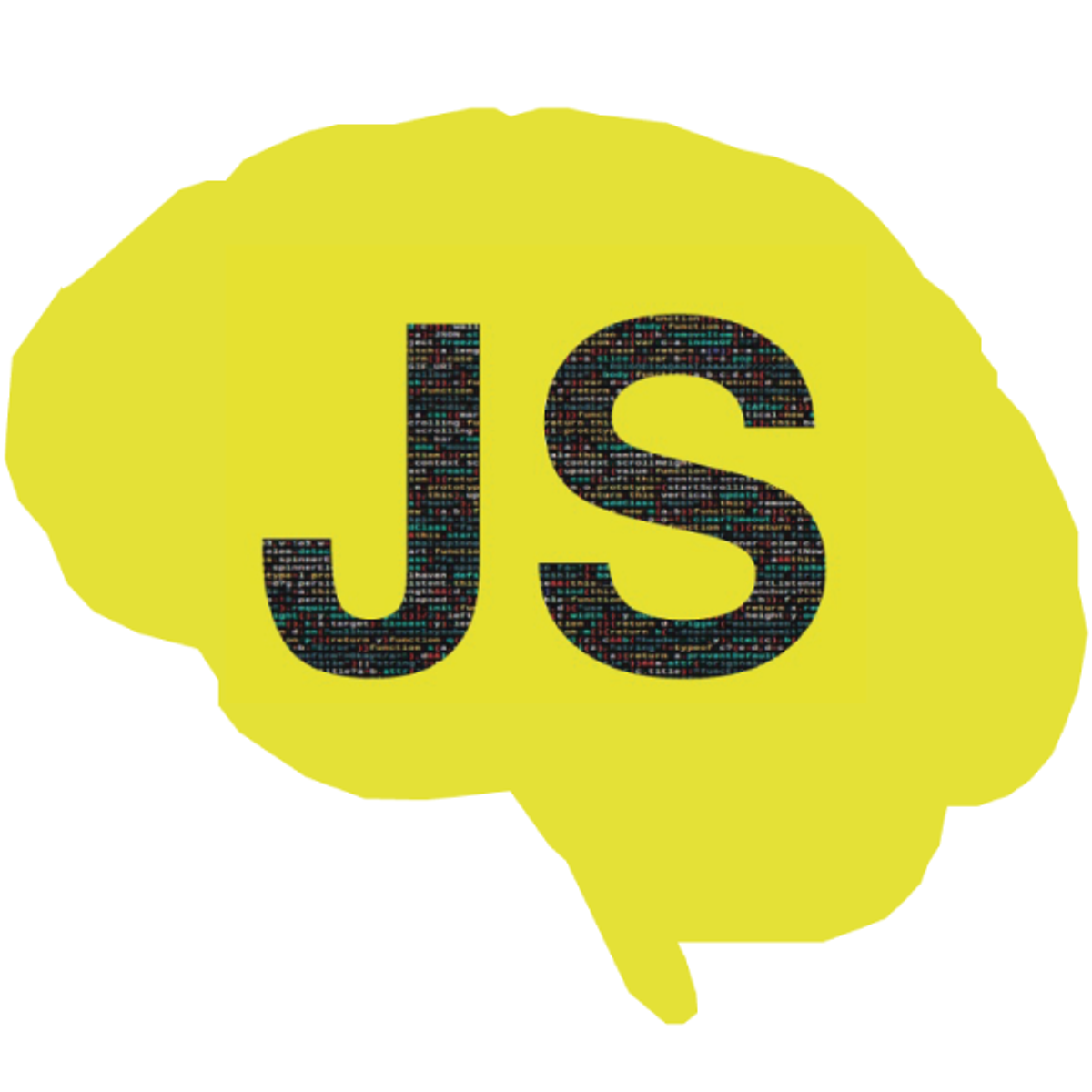

Software Development Courses - Page 45
Showing results 441-450 of 1266

Deploy a Web App on GKE with HTTPS Redirect using Lets Encrypt
This is a self-paced lab that takes place in the Google Cloud console.
This lab shows you how to deploy a web app with a browser-trusted TLS certificate. You also deploy an HTTPS redirect on GKE using Let's Encrypt, NGINX Ingress, and Cloud Endpoints.

DevOps on AWS: Operate and Monitor
The third and the final course in the DevOps series will teach how to use AWS Services to control the architecture in order to reach a better operational state. Monitoring and Operation are key aspects for both the release pipeline and production environments, because they provide instruments that help discover what's happening, as well as do modifications and enhancements on infrastructure that is currently running.
This course teaches how to use Amazon CloudWatch for monitoring, as well as Amazon EventBridge and AWS Config for continuous compliance. It also covers Amazon CloudTrail and a little bit of Machine Learning for Monitoring operations!

Architecting with Google Kubernetes Engine: Workloads
In this course, "Architecting with Google Kubernetes Engine: Workloads," you learn about performing Kubernetes operations; creating and managing deployments; the tools of GKE networking; and how to give your Kubernetes workloads persistent storage.
This is the second course of the Architecting with Google Kubernetes Engine series. After completing this course, enroll in the Architecting with Google Kubernetes Engine: Production course.

Modern JavaScript: Iterators and Generators
JavaScript Iterators and Generators bring the concept of iteration directly into the core language and provide a mechanism for customizing the behavior of for...of loops.
In this project, you'll master the JavaScript Iterators and Generators with live hands-on exercises. We'll learn about iteration protocols, the built-in constructs that provide support for them and how to make our own data structures iterable.

Test Accessibility of your Design with A11ygator
In this project, you will use a free product called A11ygator to test a website for accessibility. An accessible website is one that is usable for everyone, including those with disabilities. Testing a website’s accessibility is important since ensuring that a website is accessible is often required by law. An accessible website benefits everyone—users and businesses—by improving the overall user experience.
Note: This course works best for learners who are based in the North America region. We’re currently working on providing the same experience in other regions.

Intermediate Object-Oriented Programming for Unity Games
This course is the fourth course in the specialization about learning how to develop video games using the C# programming language and the Unity game engine on Windows or Mac. Why use C# and Unity instead of some other language and game engine? Well, C# is a really good language for learning how to program and then programming professionally. Also, the Unity game engine is very popular with indie game developers; Unity games were downloaded 16,000,000,000 times in 2016! Finally, C# is one of the programming languages you can use in the Unity environment.
This course assumes you have the prerequisite knowledge from the previous three courses in the specialization. You should make sure you have that knowledge, either by taking those previous courses or from personal experience, before tackling this course. The required prerequisite knowledge is listed in the "Who this class is for" section below. Throughout this course you'll build on your foundational C# and Unity knowledge by developing more robust games with better object-oriented designs using file input and output, inheritance and polymorphism, and event handling.
This course gives you even more tools to help you build great games with C# and Unity!
Module 1: Start using files to implement your Unity games
Module 2: Learn how inheritance and polymorphism help us write less code for our games
Module 3: Implement event handling to make better object-oriented designs and add menus to your Unity games
Module 4: Explore the complete implementation of a small Unity game
Module 5: Complete final peer review
“Unity” is a trademark or registered trademark of Unity Technologies or its affiliates in the U.S. and elsewhere.
This course is an independent work and is not sponsored by, authorized by, or affiliated with Unity Technologies or its affiliates

Monitoring Kubernetes Cluster using Prometheus and Grafana
In this 2-hour long project-based course on monitoring Kubernetes cluster using Prometheus and Grafana, you will learn to create a Kubernetes cluster using kind. You will also learn to create create deployment and service in our Kubernetes cluster. At the end of the course you will to deploy and explore Kubernetes Dashboard (Web-UI), scrape key metrics using Prometheus, and finally, visualize the scraped metrics on Grafana dashboards.
Note: This course works best for learners who are based in the North America region. We’re currently working on providing the same experience in other regions.

Scheduling Selenium TestNG tests via Jenkins CI/CD tool
Selenium is one of the most widely used test automation tools for UI functional testing.
The maximum ROI of test automation comes from its frequent execution either as a part of the CI/CD pipeline or running them often
Jenkins is one of the most widely used DevOps tools used in automating the complete life cycle of Continuous Integration, Delivery, and Deployment.
In this 1-hour long project-based course, you will learn concepts like creating a job in Jenkins, fetching code from source code management tool like GitHub, executing and scheduling Selenium and TestNG tests.
Note: This course works best for learners who are based in the North America region. We’re currently working on providing the same experience in other regions.
Computational Thinking with JavaScript 2: Model & Analyse
This is the second course in a sequence of four courses that develops essential 21st century computational thinking (CT) skills using the popular JavaScript programming language.
At the end of this second course you will: know a framework for CT to help you model the real world using abstract data structures; have developing CT skills so that you can perform comon data analytics tasks; be able to read and write programs in JavaScript that involve processing, analysing and visualizing data, using a specialised library; and post your creations on the web to share your code with others.
This course is suitable for: learners who have taken the first course in this specialization 'Computational Thinking in JavaScript 1: Draw and Animate' or for those who have basic JavaScript skills and want to learn about simple data analytics.

Project: Creating Your First C++ Application
In this 1-hour long project-based course, you will learn how to implement the basics of C++ and OOP program design, discover pointers and memory management in C++, and find optimal situations for using C++ in the real world. By the end of the project, you will create an application that can process basic calculator functions from the user, and stores the previous results. With this project we will create a basic first application in C++, and highlight the differences between C++ and other popular programming languages.
C++ has been around since the mid 80s, yet despite its age, it is still an essential part of application development today. C++ is the third most popular language for development, and its balance of low level access and high level concepts ensures that it still holds an essential role, especially in large-scale enterprise development. Students looking to re-skill for another job will find this course gives them a great introduction to C++, and more advanced students looking to refresh their memory will also be at home. Join the course, and get a powerful crash course into C++.
This course works on the Rhyme platform, which allows you to have a custom Windows VM that ensures you don't have to worry about any of the setup work that normally causes beginners trouble with C++ or any new language. Students will be able to code along on their desktop and learn by coding with the instructor.
Note: This course works best for learners who are based in the North America region. We’re currently working on providing the same experience in other regions.
Popular Internships and Jobs by Categories
Browse
© 2024 BoostGrad | All rights reserved


